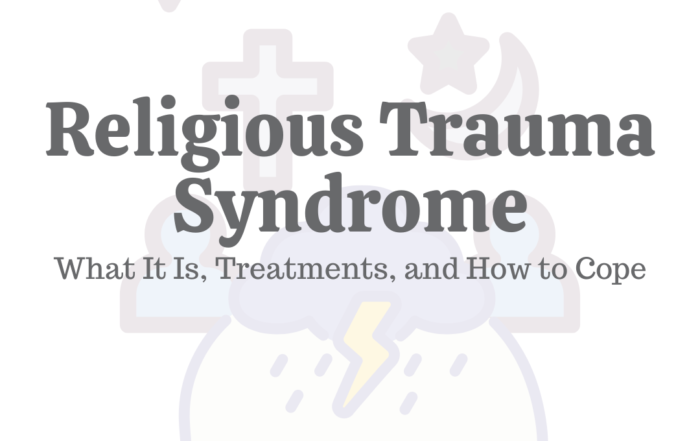
In major theistic religions, this hierarchy has a god or gods at the top, represented by powerful church leaders who have power over male believers, who in turn have power over females and children. Clinical work with reclaimers, that is, people who are reclaiming their lives and in recovery from toxic religion, suggests that these same qualities put adults at risk, along with a particular set of manipulations found in fundamentalist Christian churches and biblical literalism.ġ) Authoritarianism,creates a rigid power hierarchy and demands unquestioning obedience. In her book, Breaking their Will,Heimlich identifies three characteristics of religious groups that are particularly prone to harming children.

Janet Heimlich is an investigative journalist who has explored religious child maltreatment, which describes abuse and neglect in the service of religious belief. When it comes to psychological damage, certain religious beliefs and practices are reliably more toxic than others. Some Religious Beliefs and Practices are More Harmful Than Others. Religion derives its power in large part because it shapes these unconscious processes: the frames, metaphors, intuitions and emotions that operate before we even have a chance at conscious thought. The preferences, intentions and decisions that shape our lives are in turn shaped by memories and associations that can get laid down before we even develop the capacity for rational analysis.Īspects of cognition like these determine how we go through life, what causes us distress, which goals we pursue and which we abandon, how we respond to failure, how we respond when other people hurt us-and how we respond when we hurt them. Much of our mental activity has little to do with rationality and is utterly inaccessible to the conscious mind. To understand the power of religion, it is helpful to understand a bit about the structure of the human mind. Religion Exploits Normal Human Mental Processes. These views are in contrast to liberal, progressive Christian churches with a humanistic viewpoint, a focus on the present, and social justice. These groups share the characteristics of requiring conformity for membership, a view that humans need salvation, and a focus on the spiritual world as superior to the natural world.

These include Evangelical and fundamentalist churches, the Church of Latter Day Saints, and other conservative sects. In this discussion, we focus on the variants of Christianity that are based on a literal interpretation of the Bible. In reality, when a medicine is powerful, it usually has the potential to be toxic, especially in the wrong combination or at the wrong dose. The purveyors of religion insist that their product is so powerful it can transform a life, but somehow, magically, it has no risks. Also, over time some religious beliefs can create habitual thought patterns that actually alter brain function, making it difficult for people to heal or grow. But certain aspects of Christian beliefs and Christian living also can create those stressors, even setting up multigenerational patterns of abuse, trauma, and self-abuse. It is true that symptoms like depression or panic attacks most often strike those of us who are vulnerable, perhaps because of genetics or perhaps because situational stressors have worn us down. If only he had prayed in faith believing or loved God with all his heart, soul and mind, if only he had really been saved-then he would have experienced the peace that passes all understanding.īut the reality is far more complex.

Or they will say that he wasn’t a real Christian. They will say that the wounded former believer was prone to anxiety or depression or obsession in the first place-that his Christianity somehow got corrupted by his predisposition to psychological problems. She might describe panic attacks about the rapture moods that swung from ecstasy about God’s overwhelming love to suicidal self-loathing about repeated sins or an obsession with sexual purity.Ī symptom like one of these clearly has a religious component, yet many people instinctively blame the victim. If a former believer says that Christianity made her depressed, obsessive, or post-traumatic, she is likely to be dismissed as an exaggerator. Between the Christian schools, homeschooling, the Christian group home (indoctrinating work camp) and different churches in different cities, I am a psychological, emotional and spiritual mess.” -A former Evangelical “ I am 30 years old and I am struggling to find sanity. This article originally appeared on AlterNet.


 0 kommentar(er)
0 kommentar(er)
